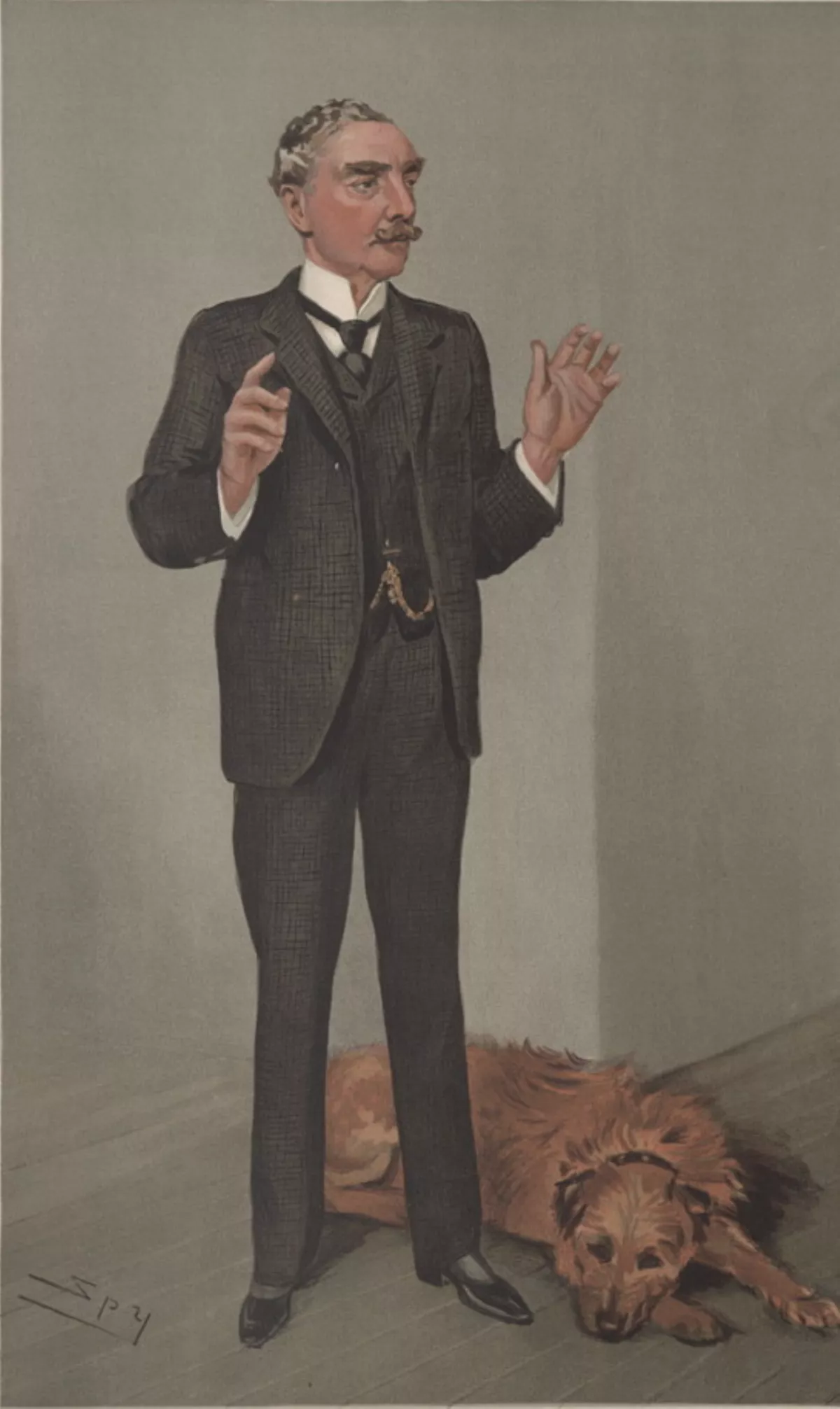 1.
1. Edward Henry studied at St Edmund's College, Ware, Hertfordshire, and at sixteen he joined Lloyd's of London as a clerk.

 1.
1. Edward Henry studied at St Edmund's College, Ware, Hertfordshire, and at sixteen he joined Lloyd's of London as a clerk.
Edward Henry meanwhile took evening classes at University College, London, to prepare for the entrance examination of the Indian Civil Service, which he then passed on 9 July 1873.
Edward Henry arrived in Bombay and travelled across India arriving at Allahabad on 22 October 1873 to take up the position of Assistant Magistrate Collector within the Bengal Taxation Service.
On 2 April 1891, Edward Henry was appointed Inspector-General of Police of Bengal.
Edward Henry had already been exchanging letters with Francis Galton regarding the use of fingerprinting to identify criminals, either instead of or in addition to the anthropometric method of Alphonse Bertillon, which Henry introduced into the Bengal police department.
Between July 1896 and February 1897, with the assistance of Sub-Inspectors Azizul Haque and Hemchandra Bose, Edward Henry developed a system of fingerprint classification enabling fingerprint records to be organised and searched with relative ease.
Years later, both Haque and Bose, on Edward Henry's recommendation, received recognition by the British Government for their contribution to the development of fingerprint classification.
In 1900, Edward Henry was seconded to South Africa to organise the civil police in Pretoria and Johannesburg.
In 1901, Edward Henry was recalled to Britain to take up the office of Assistant Commissioner at Scotland Yard, in charge of the Criminal Investigation Department.
On 1 July 1901, Edward Henry established the Metropolitan Police Fingerprint Bureau, Britain's first.
Edward Henry bought the first typewriters to be used in Scotland Yard outside the Registry, replacing the laborious hand copying of the clerks.
Edward Henry is generally regarded as one of the great Commissioners.
Edward Henry was responsible for dragging the Metropolitan Police into the modern day, and away from the class-ridden Victorian era.
Edward Henry continued with his technological innovations, installing telephones in all divisional stations and standardising the use of police boxes, which Bradford had introduced as an experiment but never expanded upon.
Edward Henry soon increased the strength of the force by 1,600 men and introduced the first proper training for new constables.
On Wednesday 27 November 1912, while at his home in Kensington, Edward Henry survived an assassination attempt by one Alfred Bowes, a disgruntled cab driver whose licence application had been refused.
Bowes fired three shots with a revolver when Sir Edward Henry opened his front door: two missed, and the third pierced Sir Edward Henry's abdomen, missing all the vital organs.
Sir Edward Henry appeared at court and followed a humane tradition of pleading for leniency for his attacker, stating that Bowes had wanted to better himself and earn a living to improve the lot of his widowed mother.
Bowes was sentenced to 15 years' penal servitude, but Sir Edward Henry maintained an interest in his fate, and eventually paid for his passage to Canada for a fresh start when Bowes was released from prison in 1922.
Edward Henry would have retired in 1914, but the outbreak of the First World War convinced him to remain in office, as his designated successor, General Sir Nevil Macready, was required by the War Office, where he was Adjutant-General.
On 30 August 1918,11,000 officers of the Metropolitan Police and City of London Police went on strike while Edward Henry was on leave.
Edward Henry was widely seen as a scapegoat for political failures.
Edward Henry continued to be involved in fingerprinting advances and was on the committee of the Athenaeum Club and the National Society for the Prevention of Cruelty to Children, as well as serving as a Justice of the Peace for Berkshire.
In 1905, Edward Henry was made a Commander of the Royal Victorian Order and the following year was knighted as a Knight Commander of the Royal Victorian Order.
Edward Henry was a Grand Cross of the Dannebrog of Denmark, a Commander of the Legion d'honneur of France, and a member of the Order of Vila Vicosa of Portugal and the Order of St Sava of Yugoslavia, as well as an Extra Equerry to the King.
Edward Henry was awarded the King's Police Medal in the 1909 Birthday Honours.